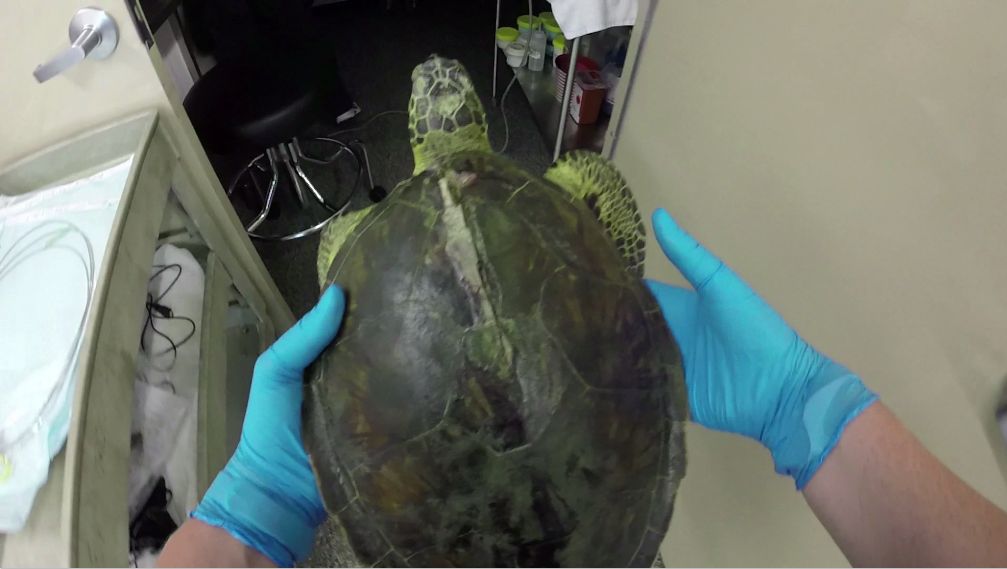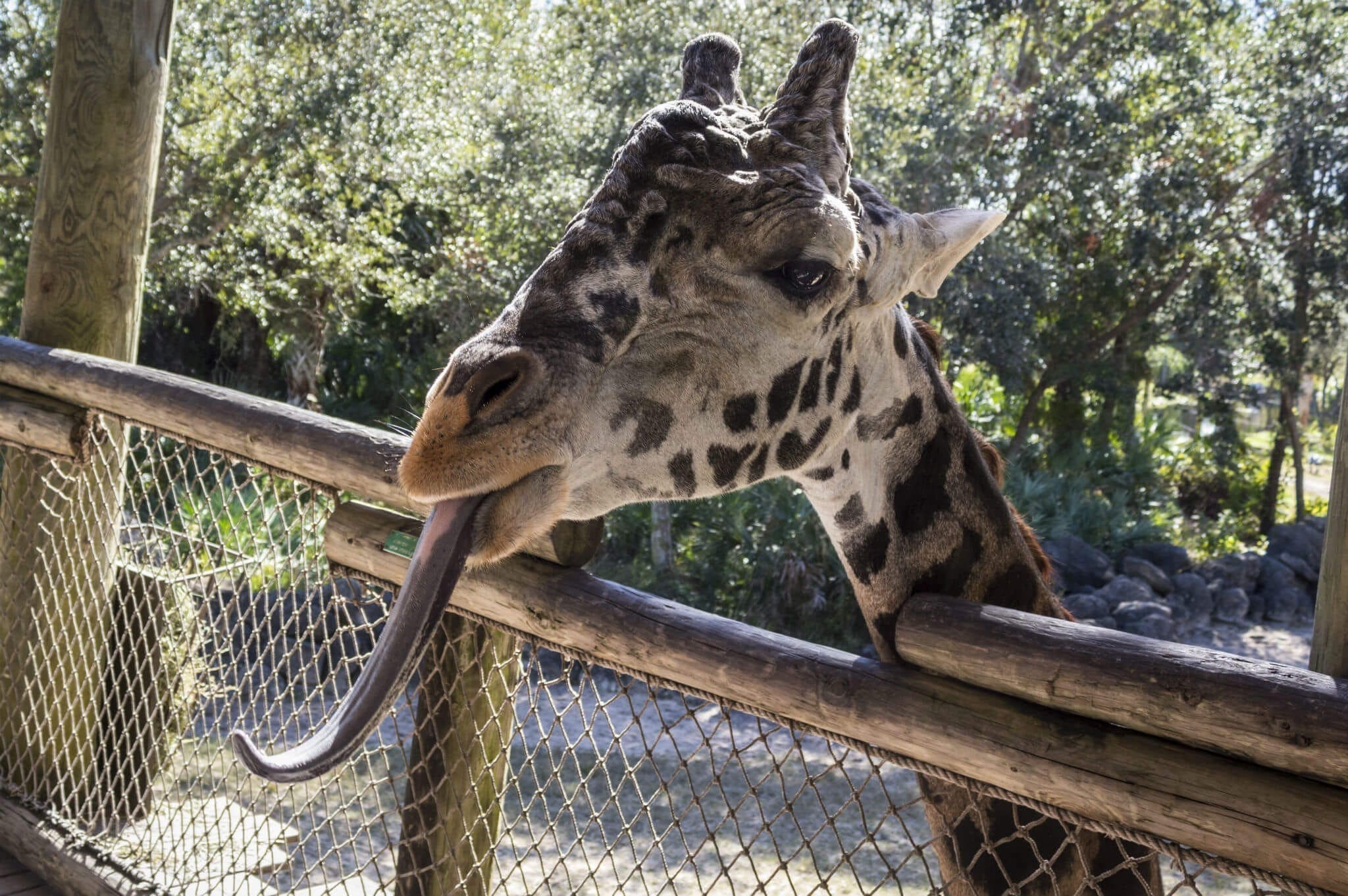I ran across some info on honey (and wax) being used to treat sea turtles that were injured, there are many articles about it (i think about the same turtles mostly). As a beekeeper and tortoise keeper this really sparked some interest with me. There was a great thread about it here back in 2011 https://www.tortoiseforum.org/threads/honey-the-natural-miracle-for-chelonia-wound-care.36278/ but most links are broken now. With this being known about for so long it surprises me that it hasn't become more common to put honey on injuries both here on the forum and on the internet in general. After what information I came across I feel confident I would use honey on one of my torts if it ever sustained a injury but I of course hope to never need this.
Tons of articles about honey on sea turtles.

 www.wtsp.com
www.wtsp.com

I often read about people here on the forum needing medical advice and don't remember ever seeing honey (raw unfiltered) being recommended. The usual standard store bought medications are talked about only. After the reading I have done on honey as treatment I will be using it on myself and any animals in my care. There is a ton of info of it being a super fast, safe and scar reducing treatment.
I found very little to zero info on honey being used on tortoises specifically and one thing I will be very cautious about if I use this treatment is not to leave honey on a animal outside. Bees may come in great numbers to take the honey. There are scientific articles about desert tortoises sharing their burrows with Africanized honey bees but I will avoid the chance of hundreds of bees on my torts shell while being injured.
There was also some info I came across about adding a small amount of honey very periodically to a tortoise diet for health benefits. Mazuri for example I think uses molasses to make it into pellets. As far as feeding honey it seemed to have no scientific backing and I will not experiment with it although if a tort accidentally ingested some I will not become alarmed.
Any one else use honey on animals? Has this worked for anyone?
Tons of articles about honey on sea turtles.

Vet uses honey to repair turtle's shell
Thanks to some common household items, a sea turtle's shell is all better.

I often read about people here on the forum needing medical advice and don't remember ever seeing honey (raw unfiltered) being recommended. The usual standard store bought medications are talked about only. After the reading I have done on honey as treatment I will be using it on myself and any animals in my care. There is a ton of info of it being a super fast, safe and scar reducing treatment.
I found very little to zero info on honey being used on tortoises specifically and one thing I will be very cautious about if I use this treatment is not to leave honey on a animal outside. Bees may come in great numbers to take the honey. There are scientific articles about desert tortoises sharing their burrows with Africanized honey bees but I will avoid the chance of hundreds of bees on my torts shell while being injured.
There was also some info I came across about adding a small amount of honey very periodically to a tortoise diet for health benefits. Mazuri for example I think uses molasses to make it into pellets. As far as feeding honey it seemed to have no scientific backing and I will not experiment with it although if a tort accidentally ingested some I will not become alarmed.
Any one else use honey on animals? Has this worked for anyone?
